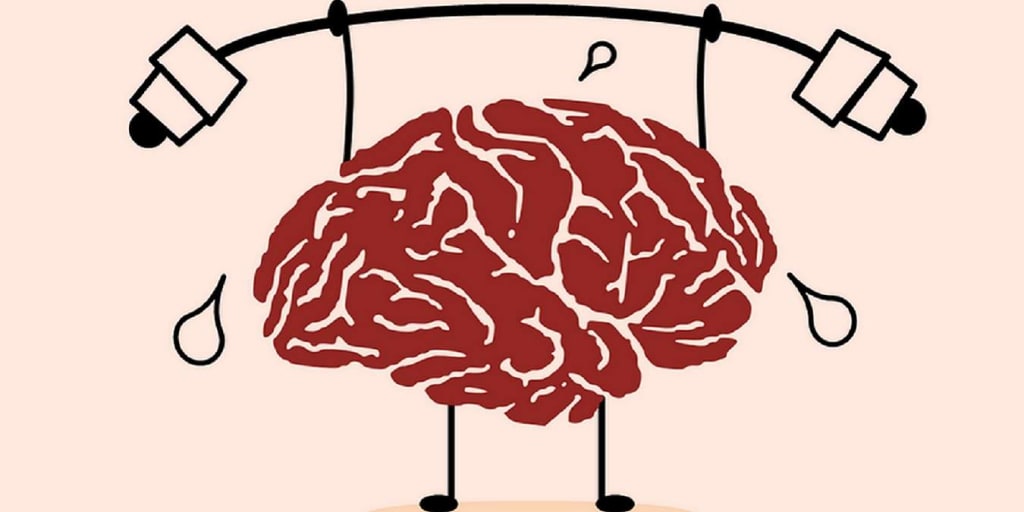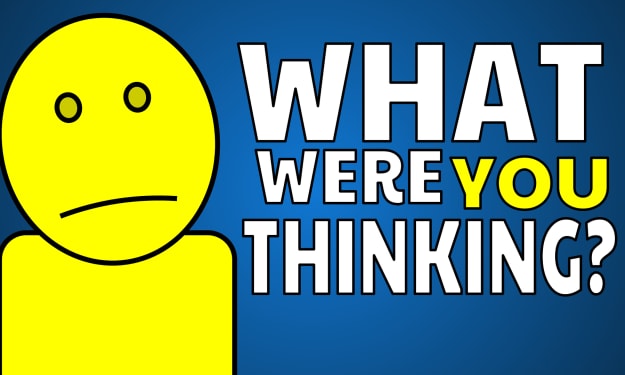
In recent years, I found myself increasingly uncomfortable with my daily routine. From the moment I woke up until I went to bed, my life was dominated by screens. My day began with my smartphone, which I used to watch cooking videos on Instagram and check various apps. Throughout the day, I switched between screens – from my iPad while cooking breakfast to my computer for work, all the while, my smartwatch incessantly demanded my attention. However, it was my smartphone that proved to be the most significant culprit, consuming hours of my day. It was at this point that I decided to embark on a month-long experiment, limiting my phone usage to just 30 minutes daily. What followed were surprising changes in my attention span, creativity, and planning abilities.
As I observed the impact of reducing smartphone usage, I realized that my attention span had grown. I could focus on tasks with greater ease, even if not entirely effortlessly. Furthermore, my mind began generating more ideas and thoughts about the future. This experience prompted me to delve deeper into the factors affecting focus in our technology-driven world.
To understand the underlying causes of our distracted lives, I delved into research and met with experts worldwide. My quest to comprehend how technology influences our attention and focus led me to discover several essential insights.
One key revelation was that we have shorter attention spans than ever before. When working on a computer, we tend to focus on a task for an average of just 40 seconds before switching to something else, and this duration decreases to 35 seconds when we have distractions like Slack open. However, the root cause of this shortened attention span is not merely distraction; it's overstimulation. Our brains crave novelty, and they reward us with hits of dopamine when we engage with social media or check emails. This constant stimulation leads us to seek distractions, forming a vicious cycle.
To test the impact of reduced stimulation on attention and creativity, I undertook another experiment – I intentionally made myself bored for an hour every day for a month. I asked my readers for suggestions, and some of the activities I engaged in included reading iTunes terms and conditions, waiting on hold with customer service, and counting zeroes in the digits of pi. This experiment mirrored the effects of reducing smartphone usage. It took about a week for my mind to adjust to a lower level of stimulation, and similar to research findings about vacations, our minds need time to calm down and rest. During this period, my attention span expanded, and I experienced an increase in creativity and idea generation.
A critical aspect of this newfound focus is the power of letting our minds wander. When our attention is not fully engaged, our minds often wander to think about the past, present, and future. However, we think about the future more than the past and the present combined, allowing us to engage in prospective thinking. Our best ideas often arise when our minds are not intensely focused on a task but are allowed to roam freely.
I coined the term "scatter focus" to describe this state of mind, where our thoughts freely explore a range of ideas. It's during these moments of mental meandering that our most brilliant ideas often take shape. Engaging in activities that allow your mind to wander, whether through showering, knitting, or a simple walk, can foster creativity and idea generation.
In light of these insights, I propose two fundamental shifts in how we think about attention and focus. First, we don't need to cram more into our lives; we need more space. Our minds benefit from having room to breathe, where ideas and plans can form naturally. Second, we should view distraction as a symptom of our overstimulated minds, rather than the enemy of focus. A two-week challenge to reduce mental stimulation can help you observe the impact on your attention, creativity, and planning abilities.
To achieve this, embrace features on your devices that help track and limit screen time. Establish disconnection rituals to create a clear boundary between your online and offline worlds. Rediscover boredom, even if only for a few minutes, and observe where your mind takes you during these moments of mental rest. Scatter your attention by engaging in activities that don't demand your full focus, and watch as creativity flourishes.
In conclusion, our state of attention dictates the quality of our lives. In a world filled with distractions, learning to reduce overstimulation and embrace mental wandering can lead to a more focused, creative, and fulfilling life. So, take the challenge and rediscover the power of focus in a distracted world. Your attention may be the key to unlocking a brighter, more creative future.
About the Creator
Info Wave
Your source for the latest insights, updates, and knowledge. 🌐 Stay informed with us!"






Comments
There are no comments for this story
Be the first to respond and start the conversation.